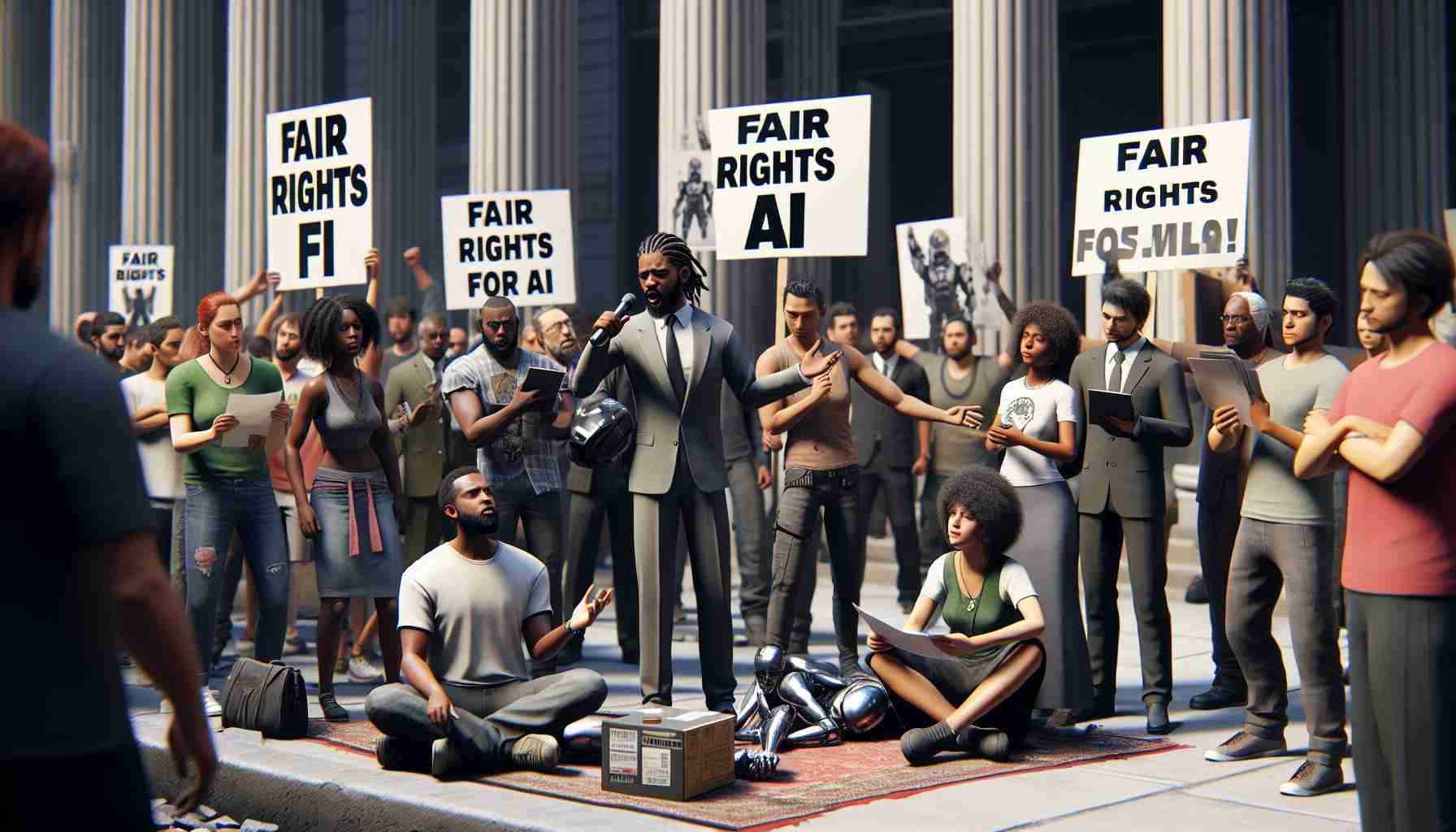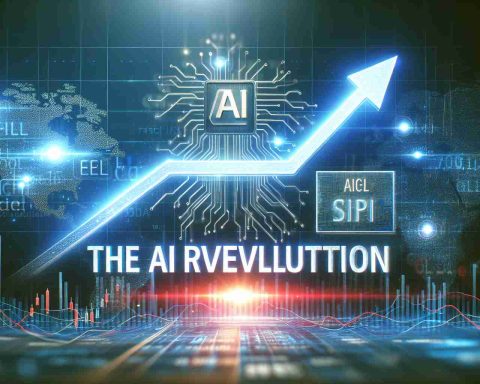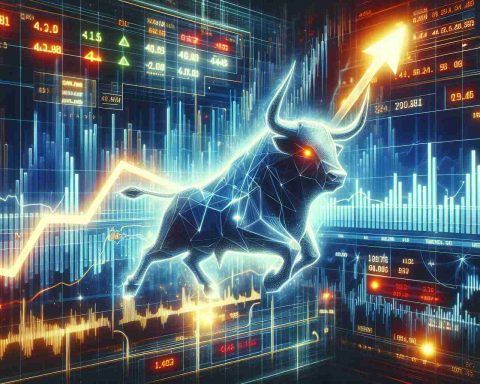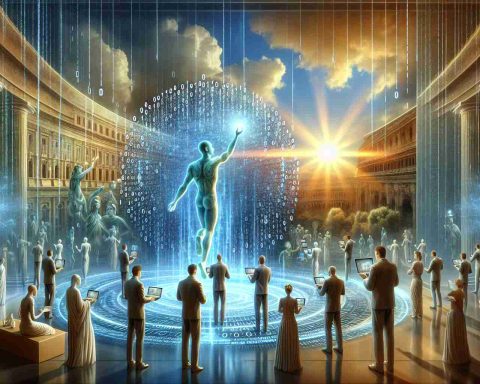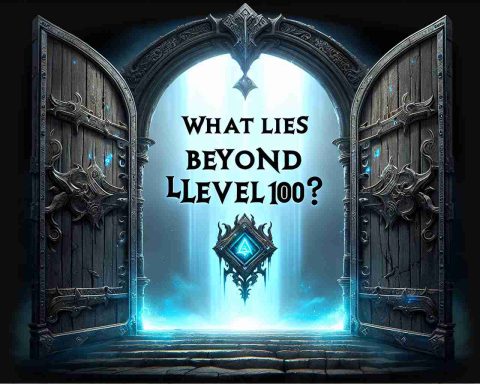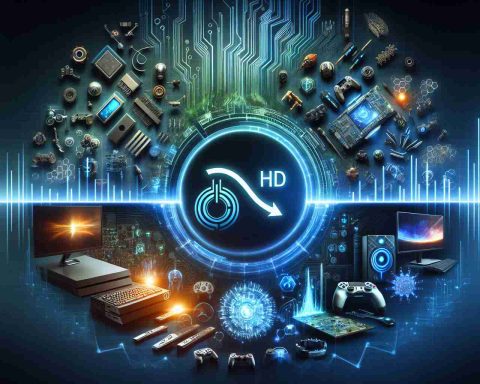Video game performers have taken a stand and voted to go on strike over the issue of artificial intelligence (AI) protections. Talks between the Screen Actors Guild-American Federation of Television and Radio Artists (SAG-AFTRA) and major game studios have been ongoing for nearly two years without reaching an agreement.
The main concern for the performers is the use of AI technology in video games. Without proper regulations, game companies could potentially train AI to replicate actors’ voices or create digital versions of their likeness without their consent or fair compensation. This poses a significant threat to the livelihoods of video game performers.
While some progress has been made in negotiations regarding wages and job safety, the regulation of generative AI remains a sticking point. SAG-AFTRA negotiators assert that the studios have not been willing to make a deal to address this issue.
The video game producers party to the Interactive Media Agreement expressed disappointment in the decision to strike, citing that they were close to reaching a mutually beneficial deal. They assert that their offer includes significant AI protections, such as consent and fair compensation for performers. However, the union believes that these protections fall short of what is needed to safeguard performers’ rights.
This strike is not only a threat to actors, but to the entire entertainment industry. The concerns over AI have also been a driving force in previous strikes, such as the TV and film strike that lasted 118 days. Performers understand the potential impact on their careers and are prepared for the long haul, if necessary.
As negotiations continue, it remains to be seen how the game studios and performers will find common ground. The future of video game performance hinges on striking a balance between technological advancements and the protection of performers’ rights.
Additional facts:
– The strike by video game performers marks the first time in history that actors have gone on strike specifically over the issue of AI protections in the gaming industry.
– The use of AI technology in video games is a growing trend, with many game developers using AI to enhance character interactions, facial expressions, and voice acting.
– The strike has gained support from other entertainment industry unions and organizations, including the Writers Guild of America and the AFL-CIO.
– The issue of AI protections extends beyond video game performers, as it raises questions about intellectual property rights, ownership, and creative control in the digital age.
Key questions and answers:
1. What are the major concerns of video game performers regarding AI protections?
– Video game performers are concerned that without proper regulations, AI technology could be used to replicate their voices or create digital versions of their likeness without their consent or fair compensation.
2. How long have negotiations been ongoing between SAG-AFTRA and game studios?
– The negotiations between the Screen Actors Guild-American Federation of Television and Radio Artists (SAG-AFTRA) and major game studios have been ongoing for nearly two years.
3. What are the potential implications of AI protections in video games?
– If AI technology is not properly regulated, it could pose a significant threat to the livelihoods of video game performers and have a wider impact on the entire entertainment industry.
Key challenges and controversies:
– One of the key challenges in reaching an agreement is finding a balance between the advancement of AI technology in video games and the protection of performers’ rights. Game studios may argue that AI technology enhances creativity and immersion, while performers argue that their consent and fair compensation should be ensured.
Advantages and disadvantages:
Advantages:
– AI technology in video games has the potential to enhance character interactions, create more immersive gaming experiences, and improve overall gameplay.
– The use of AI can lead to cost savings for game developers and potentially allow for more diverse casting options.
Disadvantages:
– Without proper regulations, AI technology can infringe upon performers’ rights, including their intellectual property and fair compensation.
– The use of AI in video games also raises ethical concerns about consent, privacy, and the potential for exploitation of performers’ likeness.
Related link: Screen Actors Guild-American Federation of Television and Radio Artists

